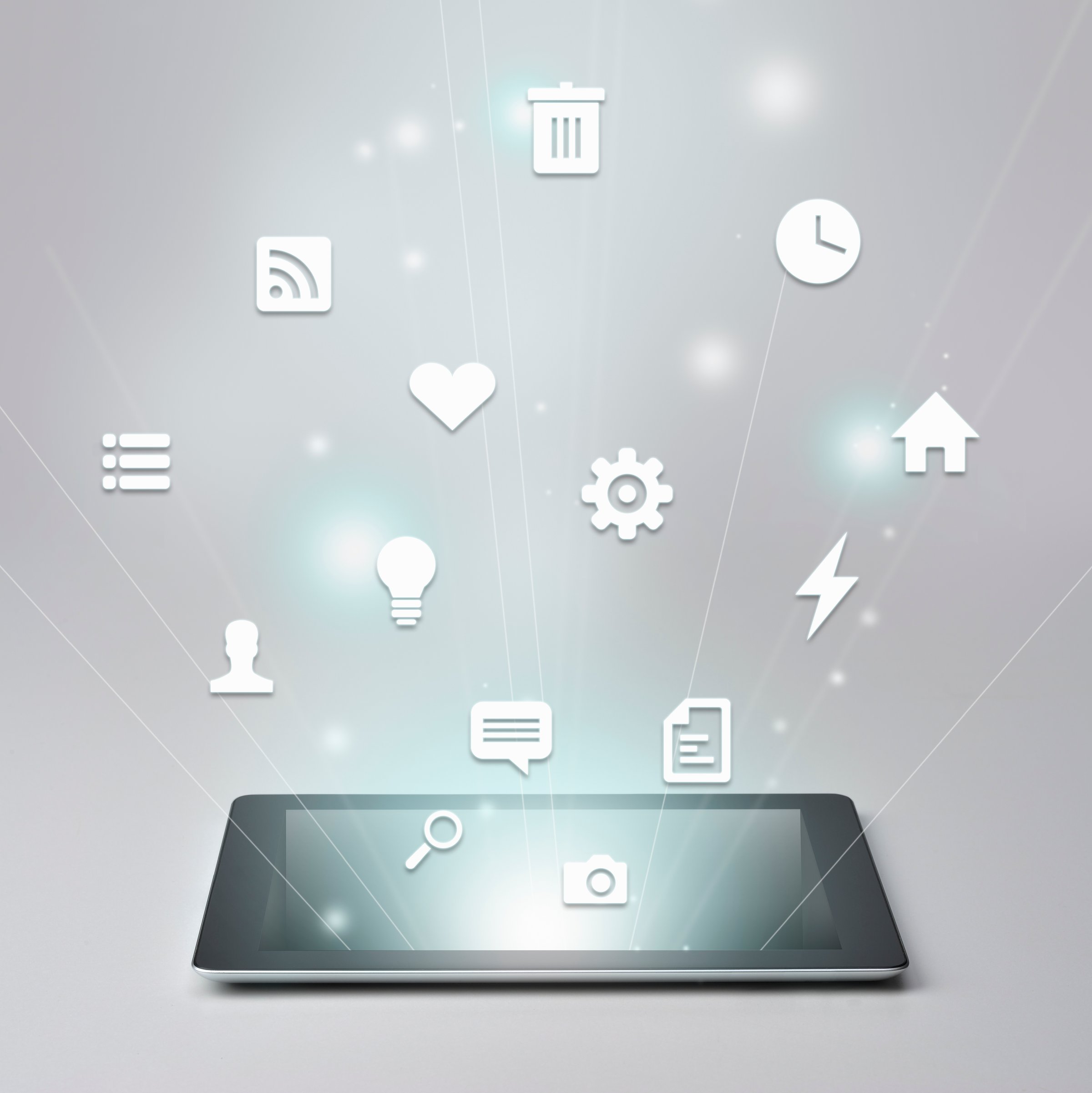
This article originally appeared on Refinery29.com.
Virtually every kind of digital program or app we use is modeled on an analog predecessor. Spreadsheets are the digital iteration of accountant logs, and word processing software is modeled off the good-ol’ sheet of paper. We’re human after all, and we’ve always used record-keeping to help deal with uncertainty and the unknown. Now, throw clever entrepreneurial activity into the mix, and you’ve got some of the most helpful, beefed-up quantified self tools on the market. Being able to track exact data in the ways that apps have enabled us to is one of the most modern ways of curtailing the worries that come with personal data guestimation. Tracking our lives may not be a new concept, but it’s certainly shinier. Here’s how our quest to conquer our own data has evolved on a variety of fronts.
Fertility
Before: bare bones calendars, pee sticks, or the pull-out method that seventh grade sex-ed rightfully taught us to avoid (personal shout out to my teacher who made us all think that a foreskin looked like the sleeve of her chenille sweater).
Now: Apps like Clue track important signs of fertility cycles like discharge consistency, fertility windows, menstrual regularity, and of course, attempts at fertilization. On a calendar interface, handy color-coordinated graphics display those quantifiable elements in a cohesive, easily digestible visual. In a world divided over the necessity of women’s health initiatives, it feels empowering to be in tune with cycles — a knowledge that provides transparency in regard to the way our reproductive systems function in our daily lives. Tracking the minutiae that apps allow takes this empowerment and the decision-making to a greater level of security and certainty in the things our bodies are doing.
(MORE: 5 Period Tracking Apps)
Exercise
Before: the Casio stopwatch whose memory will live on in the minds of all who consumed electronics in the ’80s and ’90s. If you don’t remember them, we suggest you watch WarGames to see what kind of technology impressed us then.
Now: Anything we do with our bodies is better when customized, and exercise is no exception. We may suck at some sports, and be incredible at others. This is why the vast array of exercise apps are so exciting. Are you sedentary, and feeling lost on where to start? Apps like Couch-to-5K teach you techniques from square one, keeping track of progress and goals. Are you a seasoned pro who wants to streamline outings? Other apps like RunKeeper serve as simultaneous timekeepers and route-mappers. Tracking the very personal activity that is exercise provides a level of support that could be equated to that of a coach. Literally — many apps have pre-programmed motivational comments that are set to play at various intervals in a workout.
Food
Before: a dog-eared, Weight Watchers-inspired logbook with only the most basic functions of food tracking in the layout. Oh, and a separate book was needed with a list of foods and their proprietary nutrition information.
Now: The most central function is the same across the board. A list of food and meals are entered into their respective breakfast, lunch, dinner, or snack slots, and their calories, fats, and proteins, and other important nutrients are tracked. But, instead of shuffling through pages of small guidebooks, a food item’s nutritional information can be sourced through vast databases of restaurant and grocery store goods, as well as preset listings for favorite meals. There’s even barcode scanners for the elusive few items that aren’t listed. These features are standard in apps like MyPlate and LoseIt — and are great even if you’re not trying to lose weight. Tracking food means that we can keep an eye on some of the details about ingredients or sustainability that both greatly affect our health, yet often manage to slip through the cracks.
(MORE: 10 Fitness Apps That Get Results)
Medical Conditions
Before: regular, often-expensive trips to the doctor’s office or crossing your fingers and hoping that apple a day actually contains immune-boosting properties.
Now: Medical tracking — which has been around since the days Bayer enabled diabetics to measure their own glucose levels — goes beyond the level of personal empowerment seen on other fronts to a place that’s vital to our very existence. Having real-time data about the state of our physical existence is a way to catch health hiccups before they become emergencies; this helps to maintain a top quality of life. With fewer guestimations and more exact data, we know when to act and when to relax. Of course, if something really seems off, seeing a professional is still your best bet. But, having the ability to keep tabs on things like sleep cycle measurements or medicine dosages puts more control in the hands of the patient herself, which means less time spent on some of the more menial medical checkups. Even the original diabetes tracking methods have seen a spiffy new user interface on mobile apps.
More Must-Reads From TIME
- The 100 Most Influential People of 2024
- The Revolution of Yulia Navalnaya
- 6 Compliments That Land Every Time
- What's the Deal With the Bitcoin Halving?
- If You're Dating Right Now , You're Brave: Column
- The AI That Could Heal a Divided Internet
- Fallout Is a Brilliant Model for the Future of Video Game Adaptations
- Want Weekly Recs on What to Watch, Read, and More? Sign Up for Worth Your Time
Contact us at letters@time.com